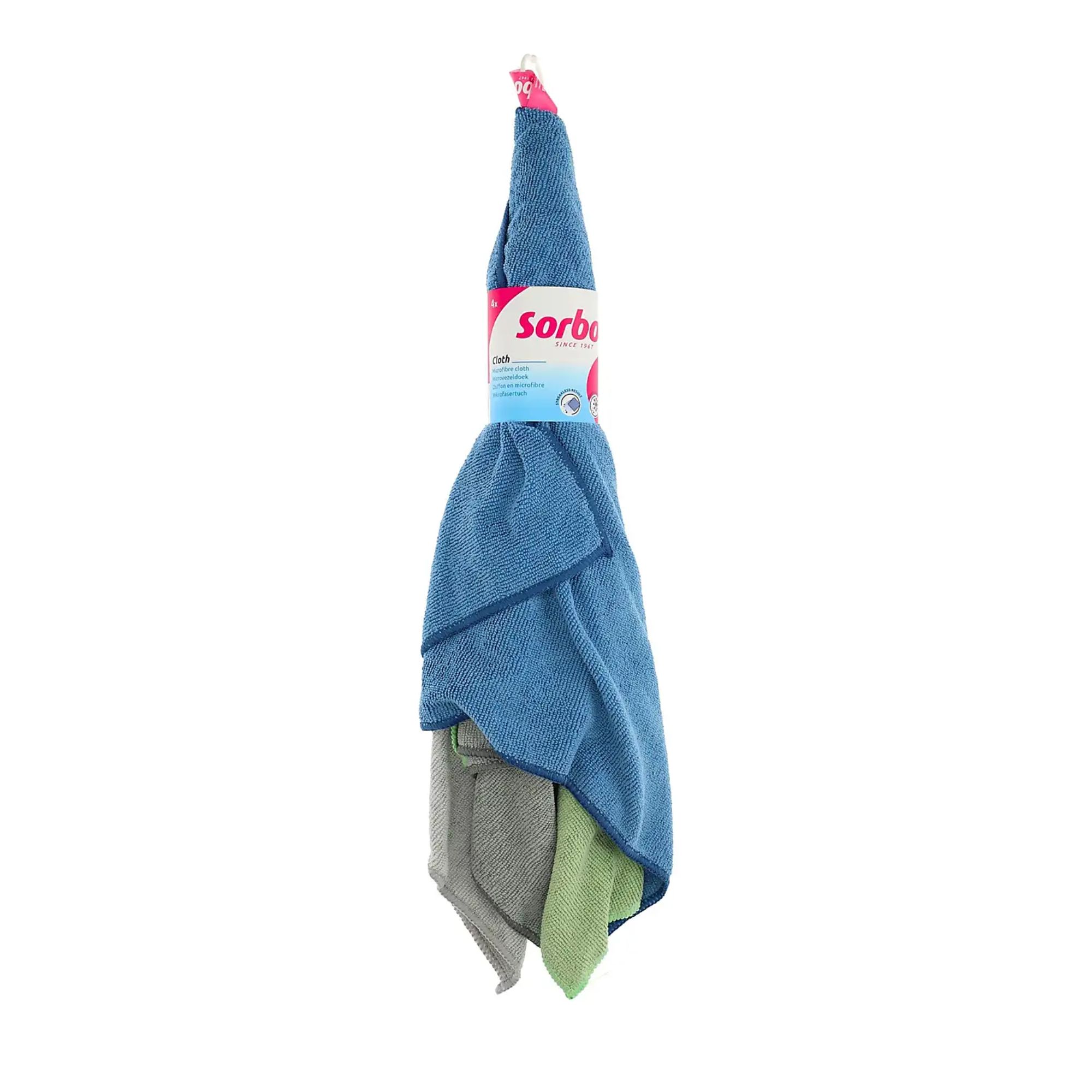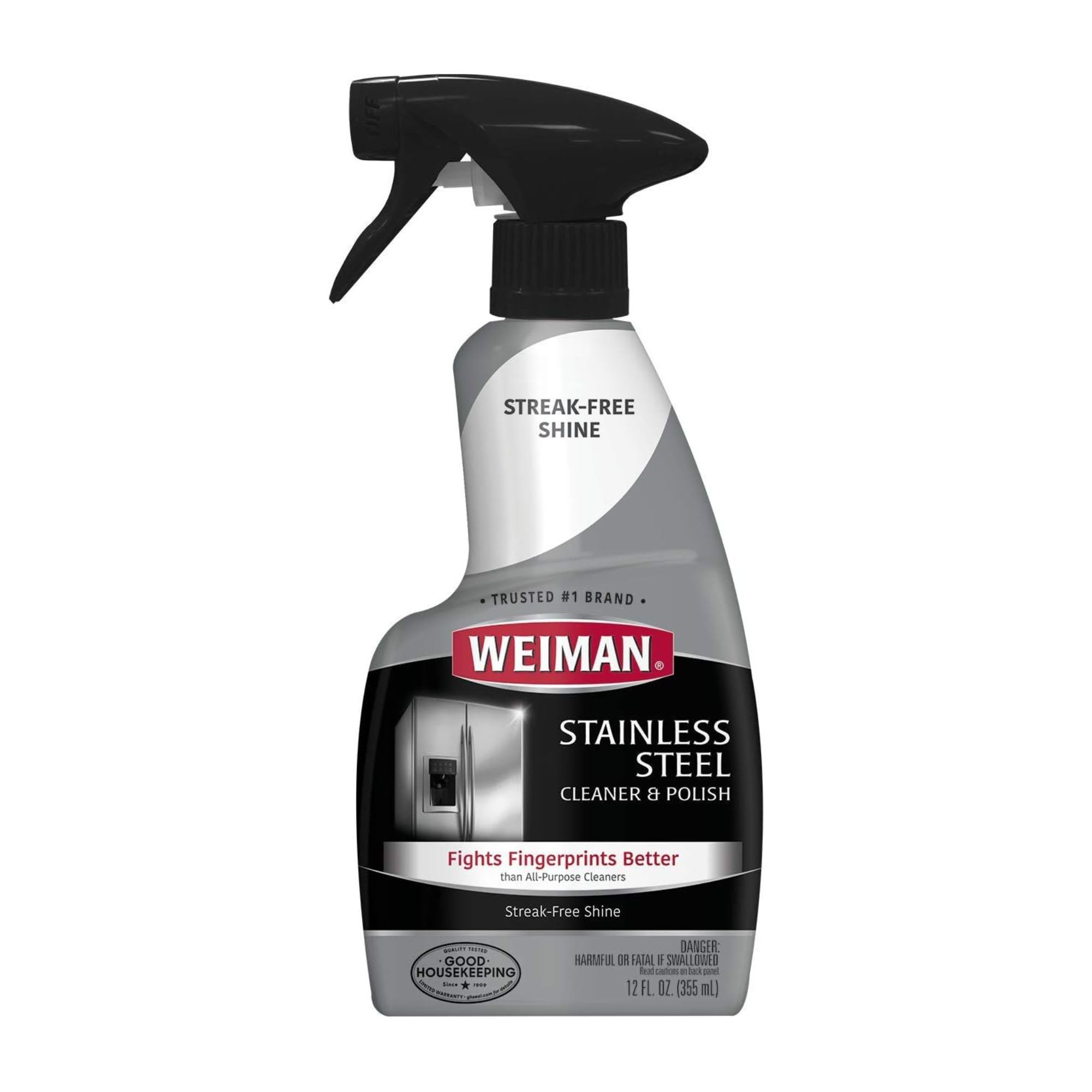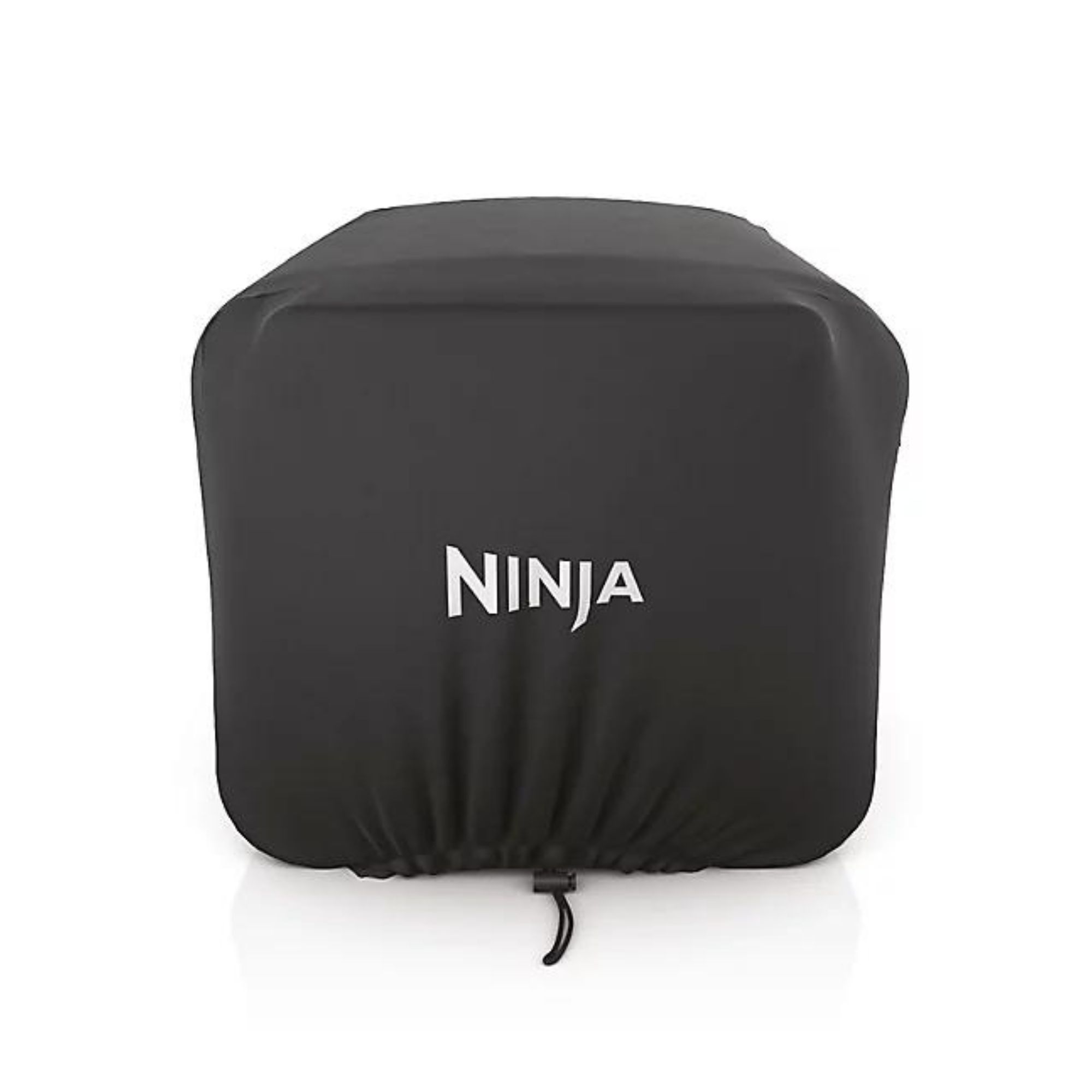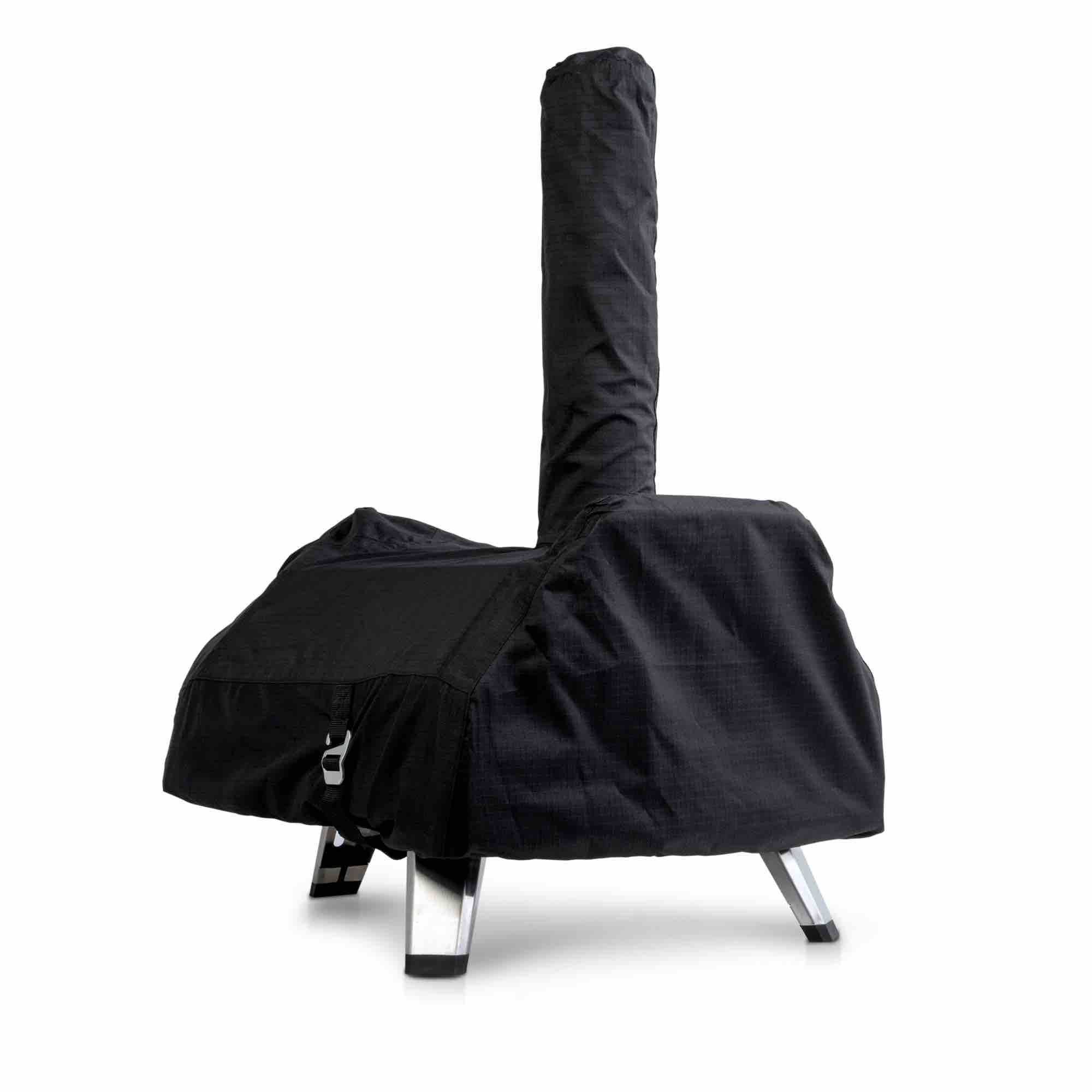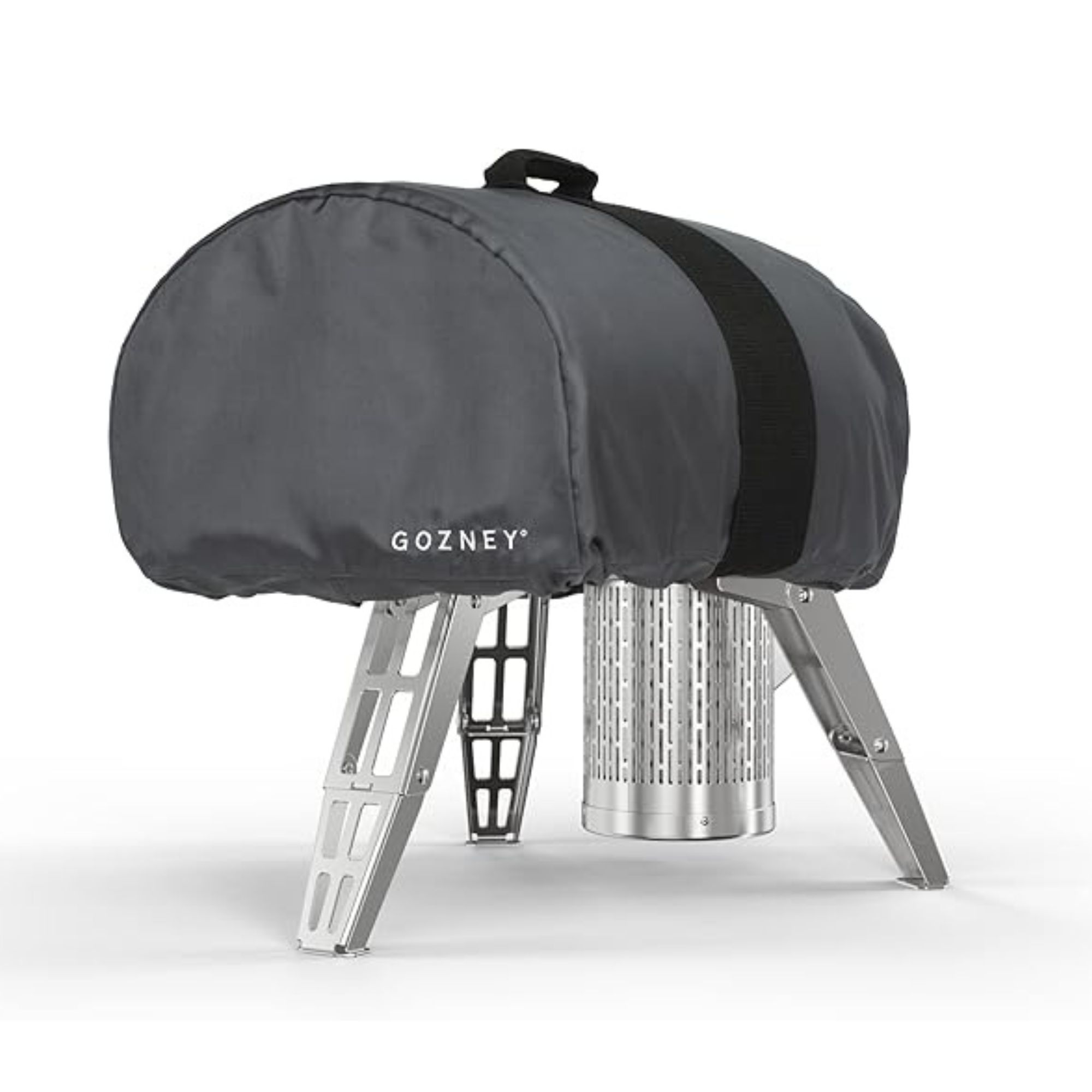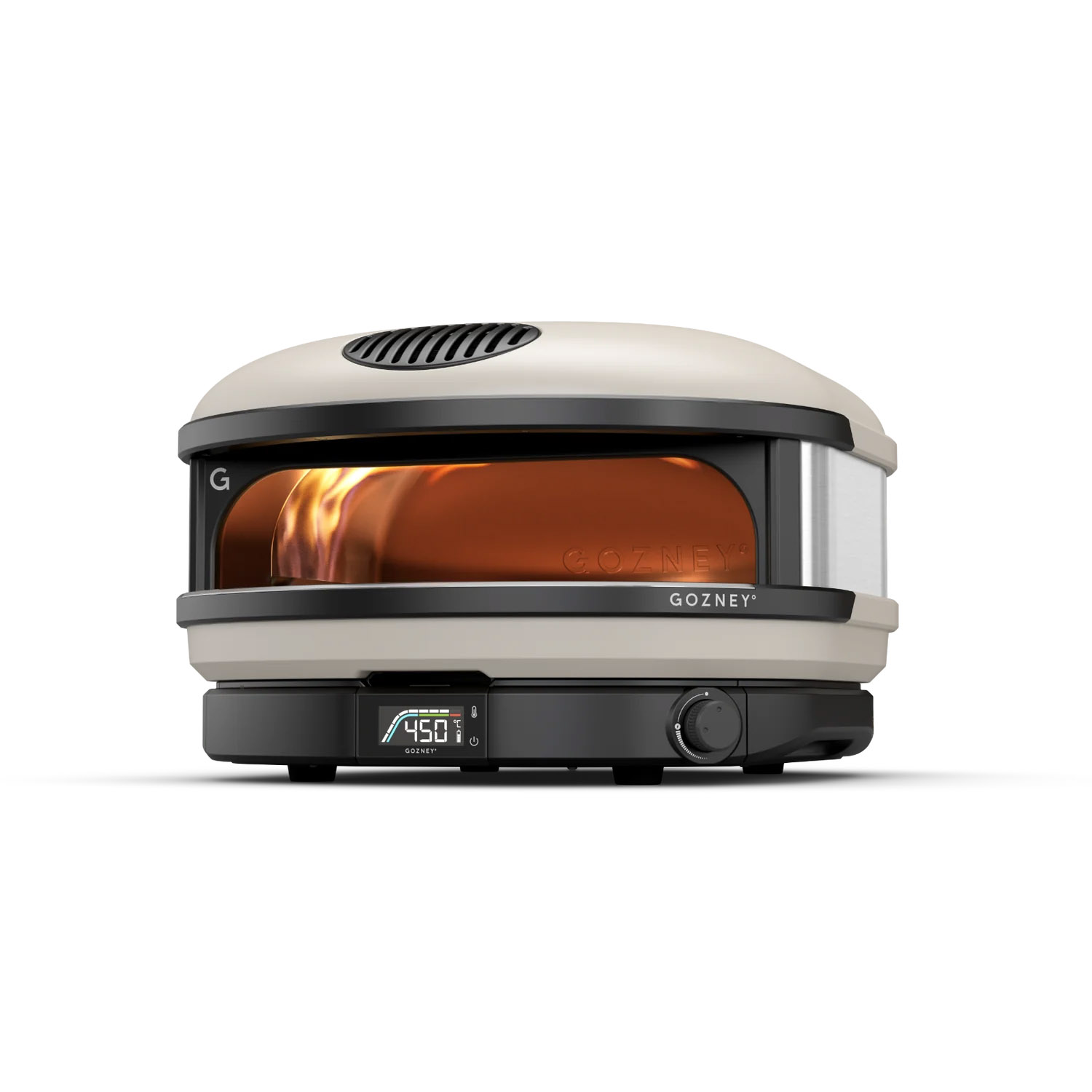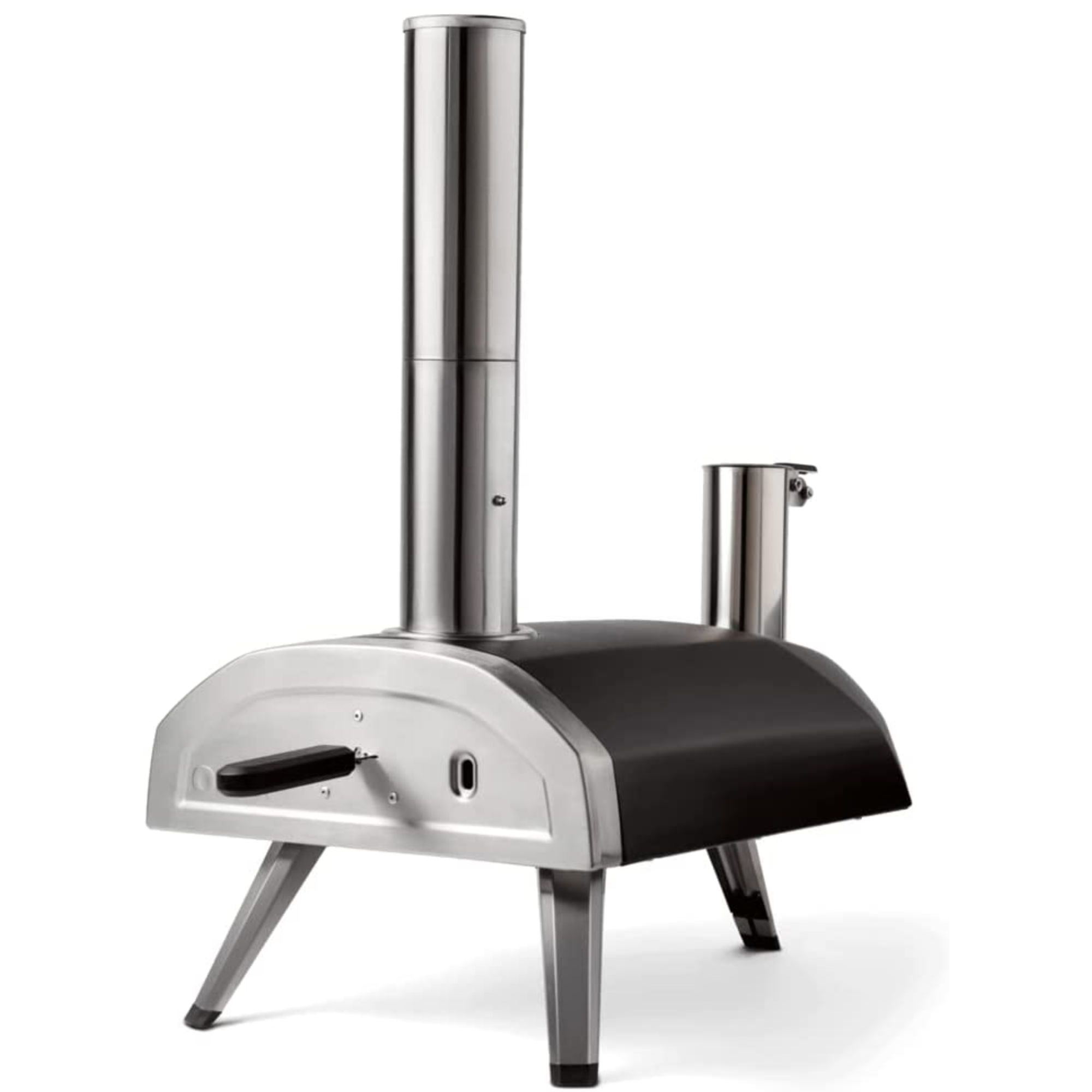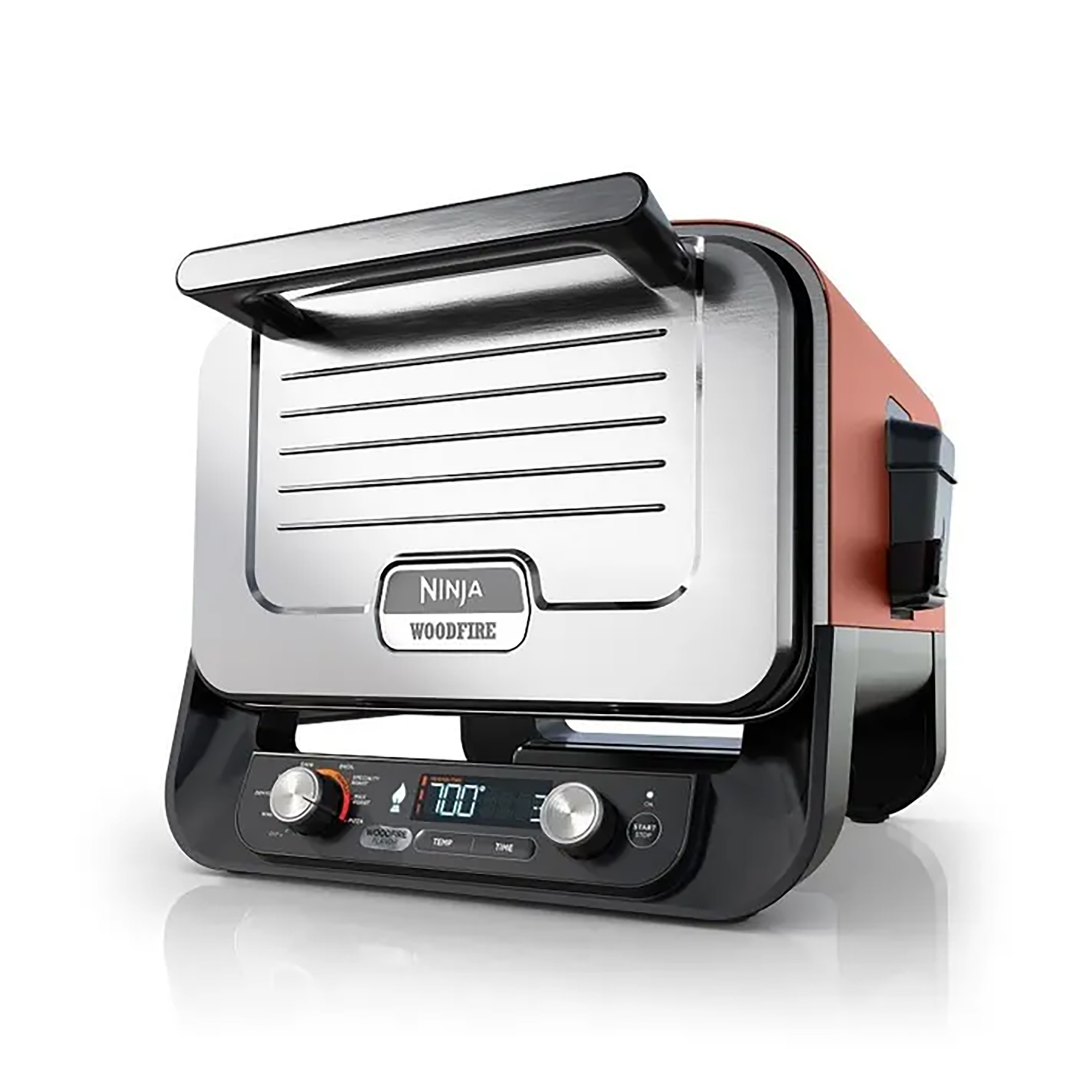How to store pizza ovens in winter - top tips to protect it from the elements when summer ends
Everything you need to know about weatherproofing this outdoor kitchen essential

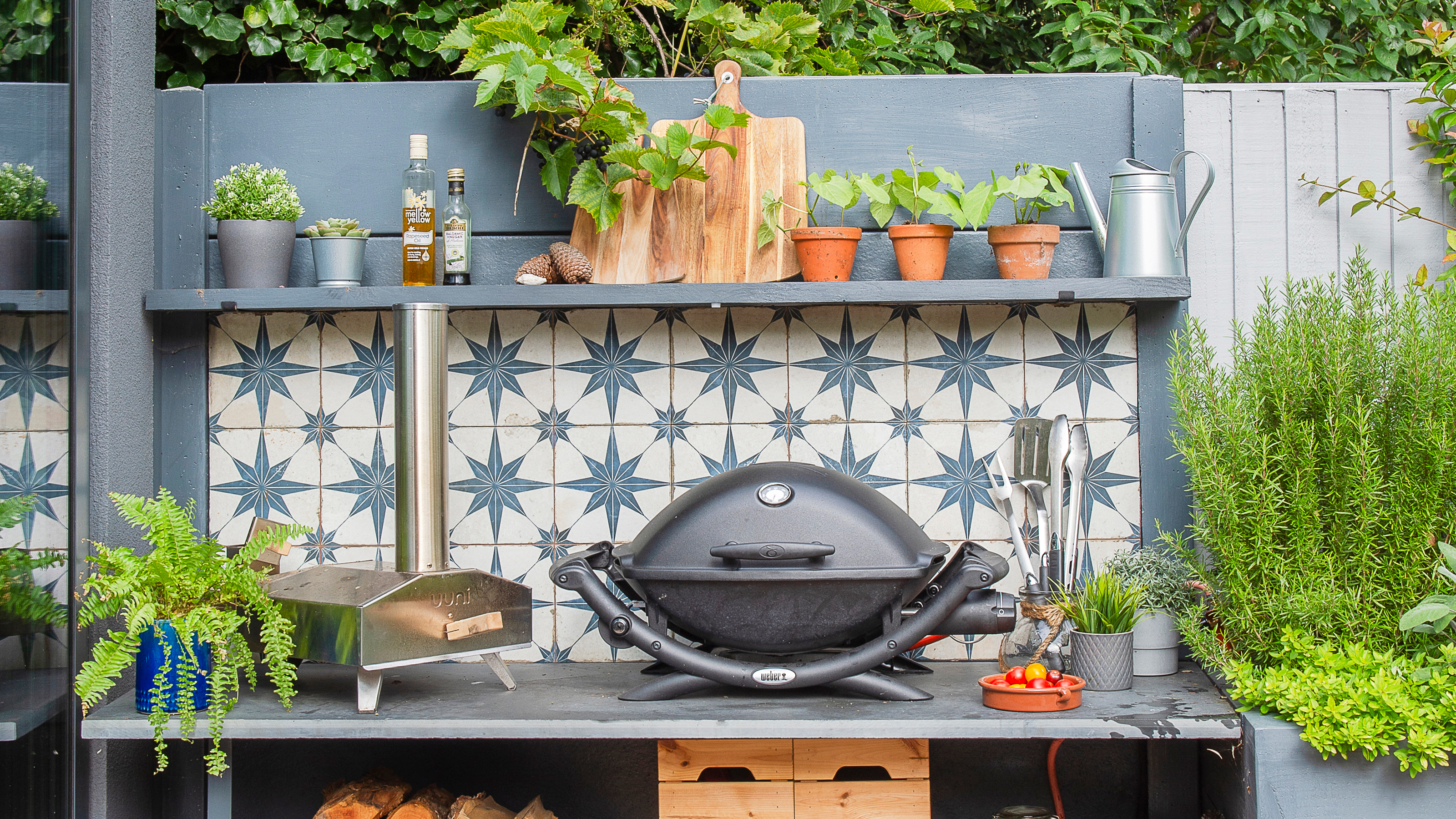
When the weather starts to turn and sunny summer days are replaced by rain and cold temperatures, knowing how to store pizza ovens in winter is key. After all, storing your pizza oven correctly will keep it in top form for years to come.
Yes, although the best pizza ovens on the market can be used year-round (especially with year-round accessories), it’s fair to say that most people use them less during winter. And while you could leave your pizza oven outside in the elements without any form of protection, it’s not advised.
As Joanna Humphreys, Fire and Stove Specialist at Direct Stoves explains, ‘When the temperature starts to drop and alfresco dining is no longer an option, it’s important to have a plan in place to maintain your pizza oven through the colder months.’ And this is how you can store pizza ovens in the winter.
1. Give it a clean
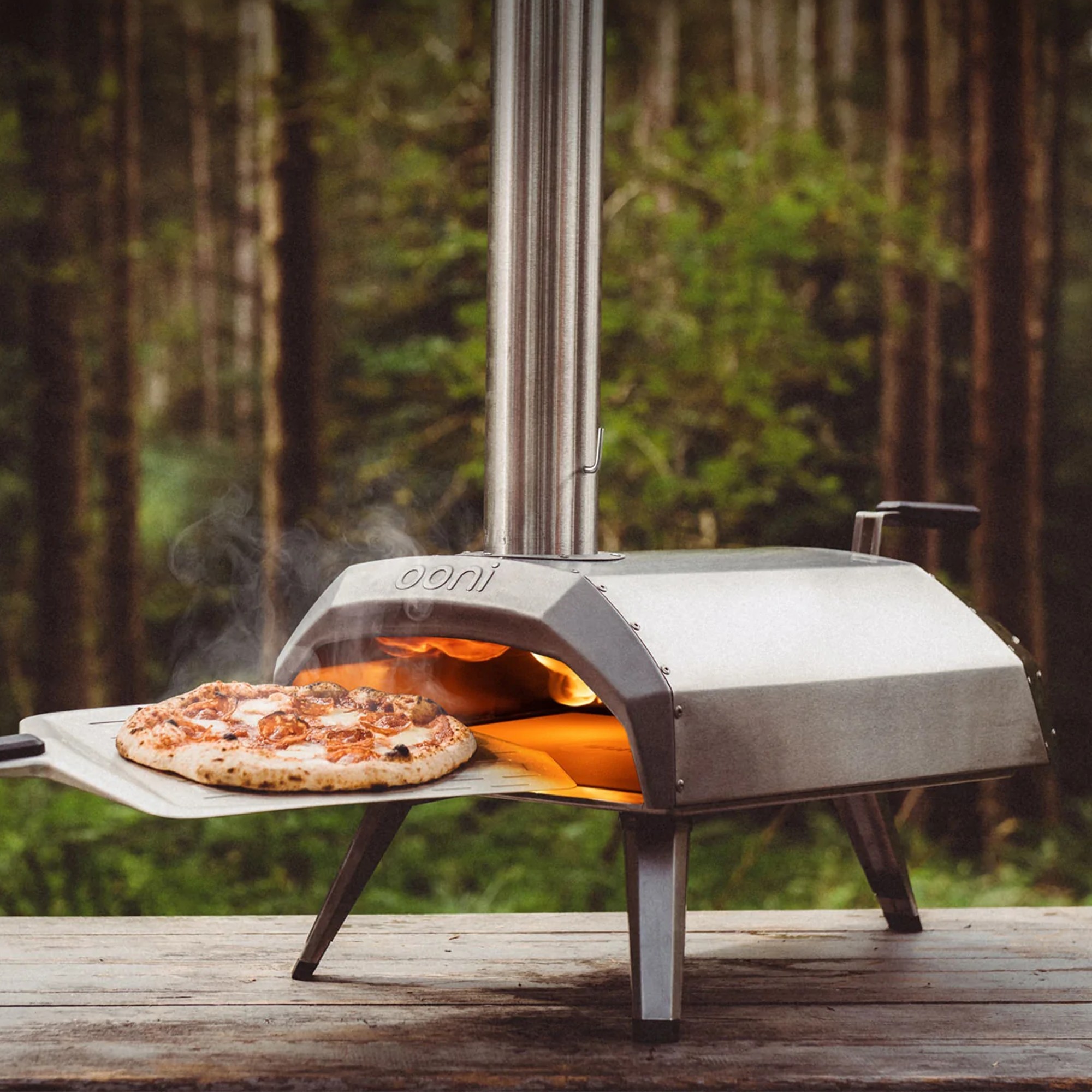
Storing a pizza oven in winter can protect it from damage and improve its lifespan, but before you do that, it’s best to clean it one last time. This will allow you to remove any lingering debris or residue and means that you can bring out a clean pizza oven when the weather changes again.
Joanna says, ‘For masonry pizza ovens, plain hot water and a stiff bristle brush is the best option for cleaning, and always leave to dry thoroughly before using again. However, for a steel pizza oven, a good brand of steel, BBQ or oven cleaning product will work just fine.’
While you’re at it, it’s well worth cleaning your pizza baking stone, too. So, keep some pizza oven cleaning brushes and microfibre clothes handy for this task.
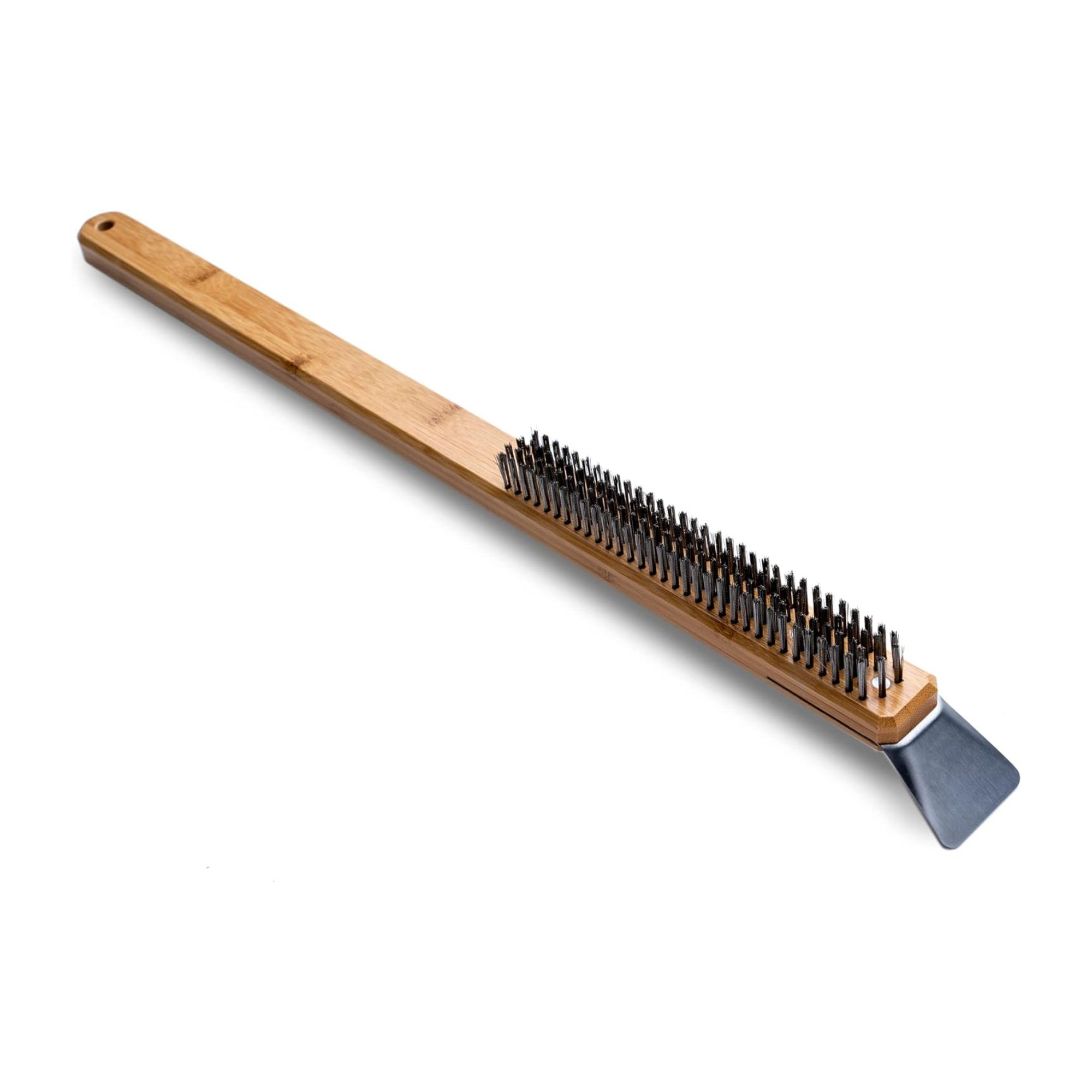
This brush can be used for the pizza stone and the pizza oven itself, and can even scrape off stubborn food debris.
2. Use a pizza oven cover
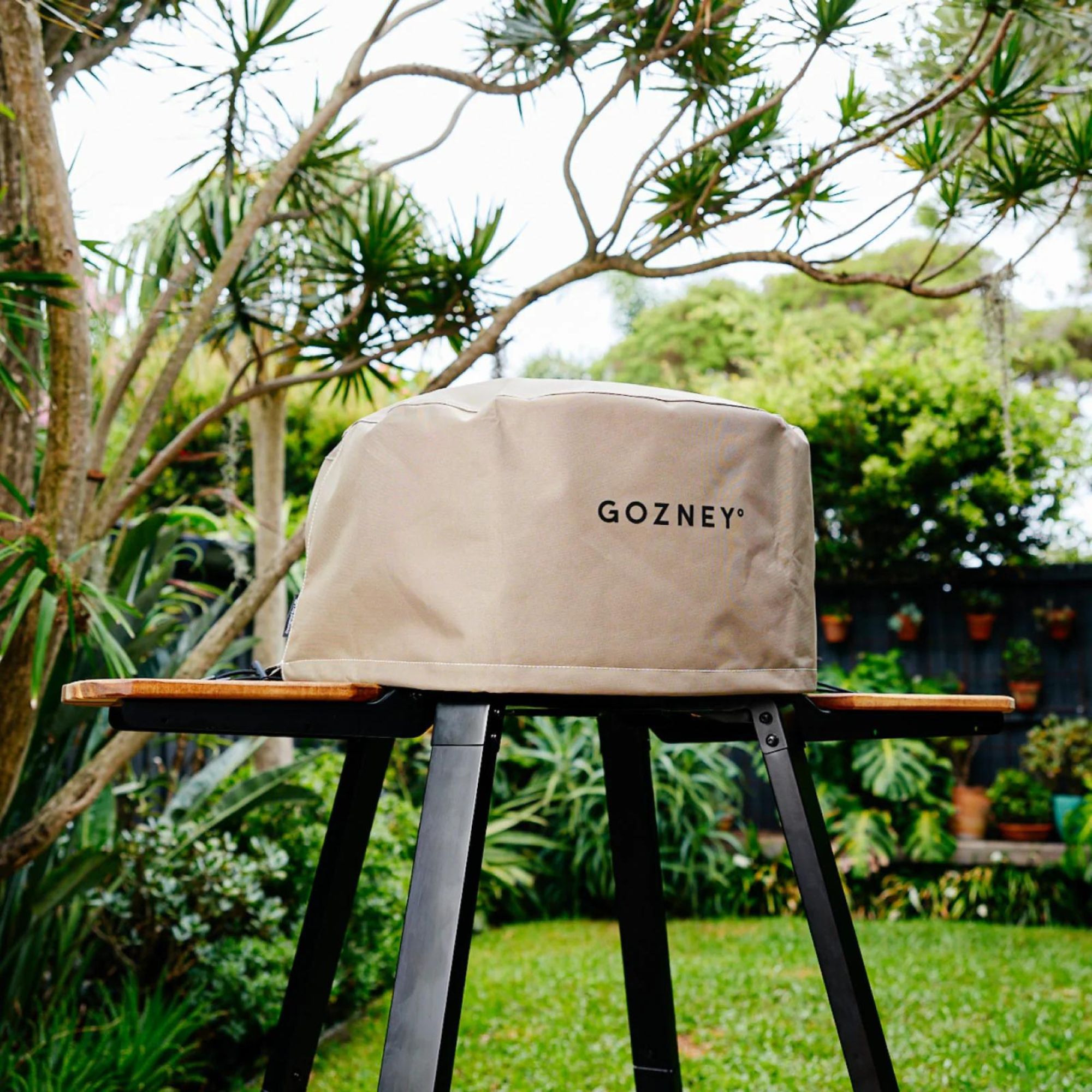
One of the things experts want you to know before buying a pizza oven is that it requires a fair amount of maintenance. And while many are designed to withstand high temperatures and exposure to the elements, they still require an extra level of protection. That’s where a pizza oven cover comes in.
Sign up to our newsletter for style inspiration, real homes, project and garden advice and shopping know-how
These covers typically offer water, wind, UV, and even bug protection - which is particularly handy if you have no choice but to leave your pizza oven outside in the winter. Sometimes, you may find that your pizza oven comes with a cover as standard. In others, you may have to buy it separately.
The Ooni website echoes this, stating, ‘Ooni ovens are hearty, sure, but snow, sleet, rain, and hail can still pose a threat. If you’re using and storing your oven outside, protect it with a cover. Each oven has its own rigorously tested cover, specifically designed to keep your oven safe from the elements.'
If you’re buying a separate pizza oven cover to protect your pizza oven in winter, always double-check that it fits your make and model. If it doesn’t, it’s pointless.
3. Find the perfect location
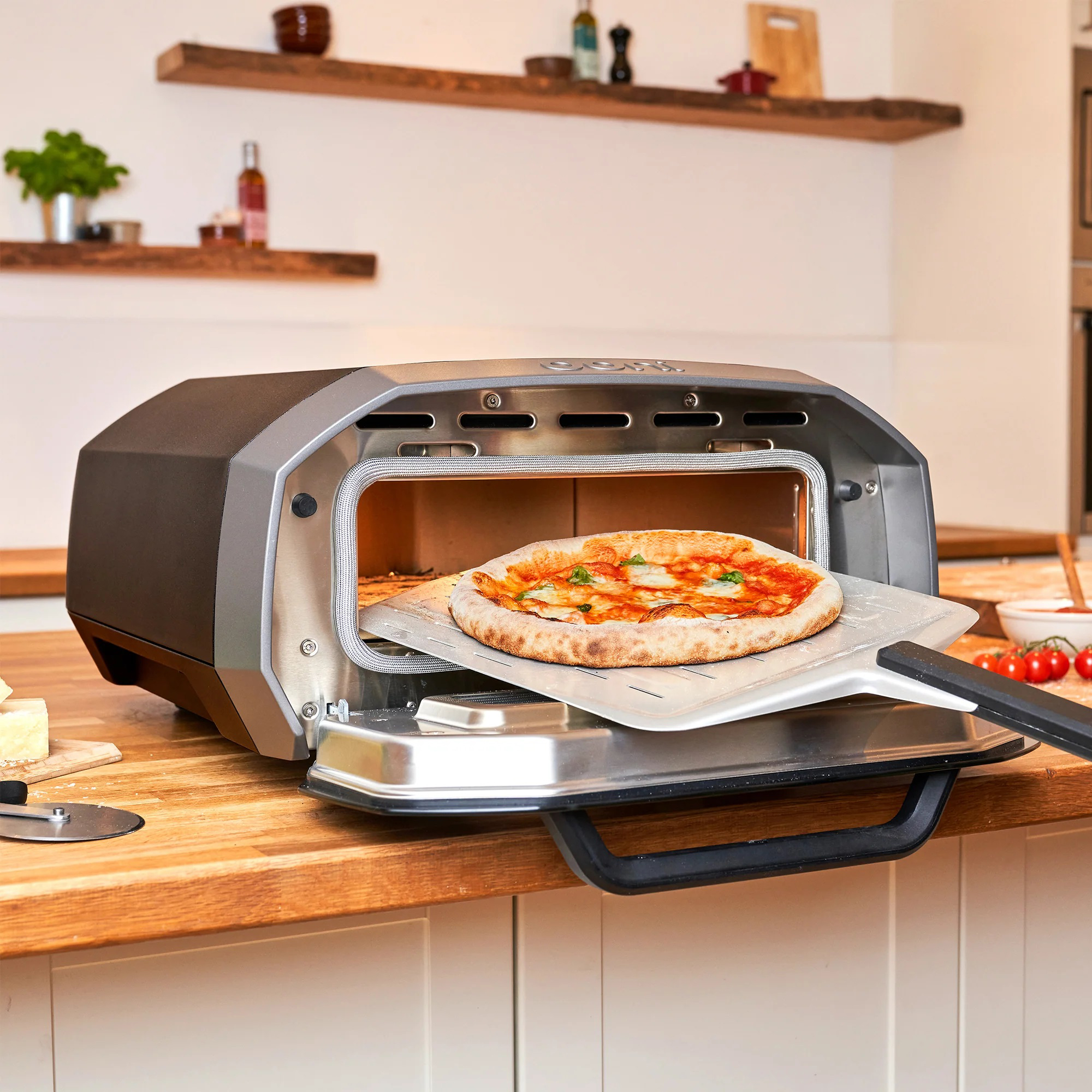
Where you store your pizza oven in winter ultimately depends on what storage options you have available to you. So, here are a few of those options:
In the garden: If you have a patio or decking area, you can store a pizza oven there over winter. And, of course, you don’t have a choice if you’ve built your own brick pizza oven. In this instance, Joanna warns that pizza oven covers are key. She says, ‘For permanent outdoor ovens, such as those made from stone or brick, the best way to maintain them during the winter is by using a high-quality furniture cover. Be sure to measure carefully to ensure a perfect fit that will protect your oven from the elements.’
In the shed or garage: A shed or garage is the ideal place to store pizza ovens in winter, as it provides protection from the elements and will never get too cold. Alternatively, any garden storage idea will do. Joanna says, ‘For portable ovens, try to store them indoors to prevent cosmetic damage or rusting caused by winter weather. For added protection, consider investing in a cover to keep it secure while in storage.’
In the house: If you don’t have a garden or you don’t have any storage space elsewhere, storing your pizza oven in your home over winter is also a viable option. In fact, it’s a great option if you buy the Ooni Volt Electric Pizza oven - as this offering can be used both inside and outside. This could just be a temporary measure, too. The Ooni website says, ‘While your oven will be fine outside most of the time, if you know a big storm is coming, you should consider bringing your Ooni oven inside for the duration. That will keep it from taking on too much moisture or getting battered by heavy hail.’
FAQs
Can pizza ovens be left outside?
Yes, pizza ovens can be left outside if you don’t have the option to store it undercover. But if you want to maintain the quality and prevent damage when leaving a pizza oven outside, it’s best to invest in a high-quality pizza oven cover to protect it from the elements.
If you can, choose a pizza oven cover made specifically for your make and model. If you opt for a universal, unbranded pizza oven cover, though, just make sure that it fits and doesn’t leave any gaps for water to come through.
Can you use outdoor pizza oven in winter?
Yes, absolutely! Although most people tend to avoid going outside during the winter months, that doesn’t mean that you can’t use your pizza oven in winter. It can be used year-round, as long as you take measures to ensure your pizza oven works efficiently during these colder temperatures.
For starters, you should aim to brush or wipe off any moisture or debris that has accumulated on your pizza oven during the colder and wetter months.
As you can imagine, it also takes longer for your pizza oven to heat up in the winter, so you’ll need to be patient and wait for it to pre-heat before using it. You should aim to pre-heat your outdoor pizza oven slowly during the winter, too, to prevent stone shock.
Well, there you have it. That’s how you store pizza ovens in winter. How will you be storing yours?

Lauren Bradbury has been the Content Editor for the House Manual section since January 2025 but worked with the team as a freelancer for a year and a half before that. She graduated with a Bachelor’s degree in English and Creative Writing from the University of Chichester in 2016. Then, she dipped her toe into the world of content writing, primarily focusing on home content. After years of agency work, she decided to take the plunge and become a full-time freelancer for online publications, including Real Homes and Ideal Home, before taking on this permanent role. Now, she spends her days searching for the best decluttering and cleaning hacks and creating handy how-to guides for homeowners and renters alike, as well as testing vacuums as part of her role as the Ideal Home Certified Expert in Training on Vacuums, having spent over 110 hours testing different vacuum models to date!
